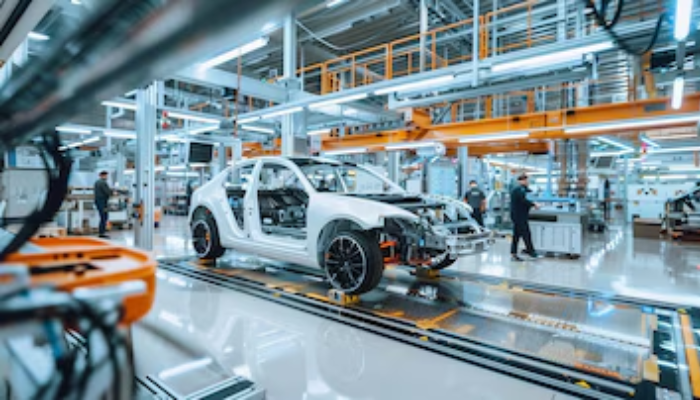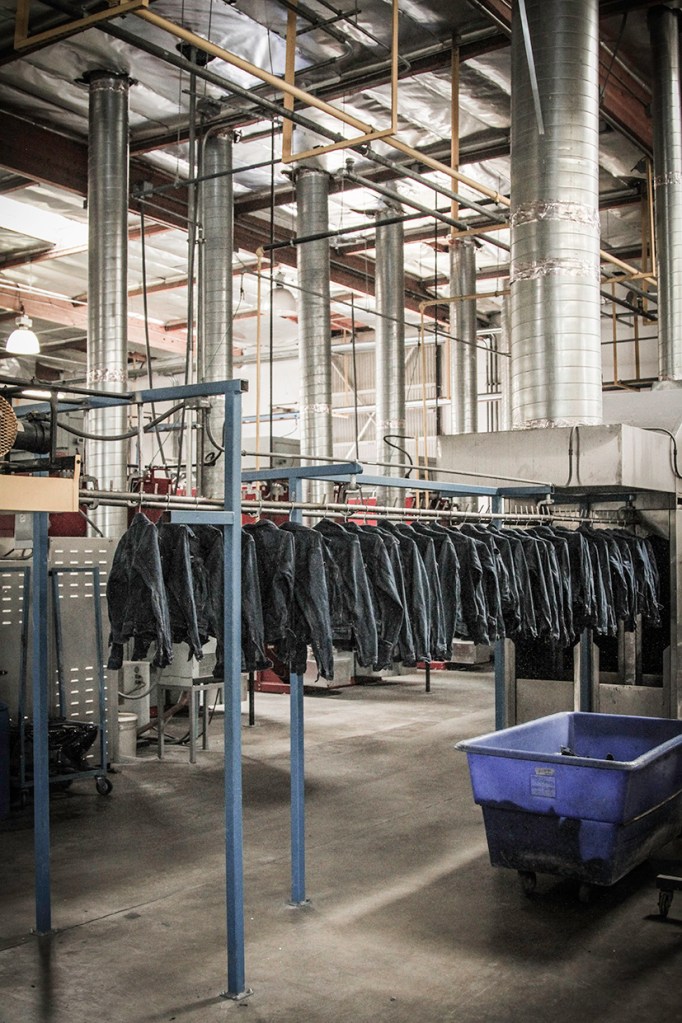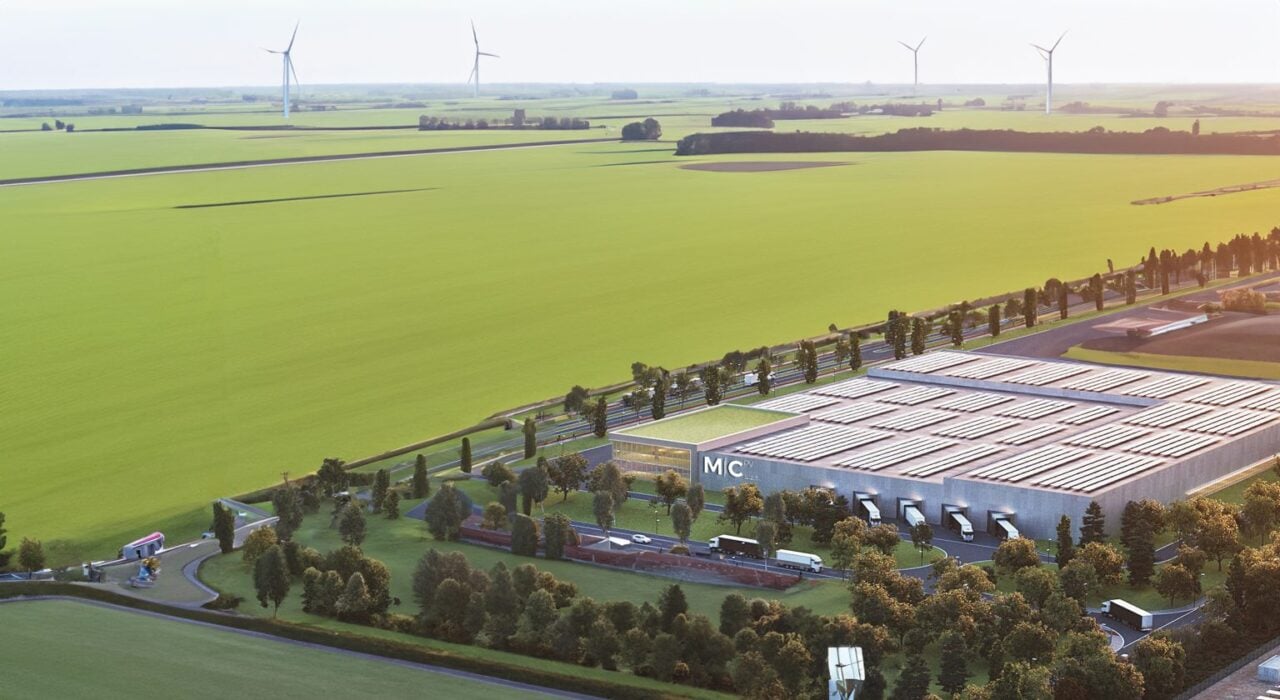Manufacturing's Comeback: 3 Game-Changing Trends Reshaping American Industry
Manufacturing
2025-04-10 19:18:00Content

For decades, American businesses pursued a strategic approach to manufacturing that prioritized global cost-efficiency. The offshore manufacturing model became a cornerstone of corporate strategy, with companies meticulously designing complex international supply chains to minimize production expenses and maximize operational flexibility.
These global supply networks transformed traditional manufacturing paradigms, enabling businesses to leverage lower labor costs, access specialized manufacturing capabilities, and create intricate webs of production that spanned continents. By strategically relocating manufacturing operations to countries with competitive economic advantages, U.S. companies dramatically reduced their production expenses while maintaining high-quality output.
The offshore manufacturing trend represented more than just a cost-cutting measure; it was a sophisticated economic strategy that reshaped global industrial landscapes. Corporations carefully balanced economic incentives, geopolitical considerations, and technological capabilities to create robust, adaptable manufacturing ecosystems that could respond quickly to changing market demands.
While this approach delivered significant financial benefits for decades, recent global disruptions have prompted many companies to re-evaluate their international manufacturing strategies, signaling a potential shift towards more localized and resilient production models.
The Global Manufacturing Revolution: Reshaping Corporate Strategy in the 21st Century
In the intricate landscape of global business, manufacturing strategies have undergone a profound transformation, challenging decades of conventional wisdom about offshore production and supply chain management. The traditional paradigm of cost-driven manufacturing is rapidly evolving, driven by technological innovations, geopolitical shifts, and a complex interplay of economic forces that are fundamentally redesigning how companies approach production and global market engagement.Navigating the Future: Why Manufacturing Strategies Matter More Than Ever
The Changing Dynamics of Global Manufacturing
The manufacturing landscape has entered an unprecedented era of complexity and strategic recalibration. Companies are no longer viewing offshore production through a simplistic lens of cost reduction. Instead, they're developing nuanced approaches that balance economic efficiency with resilience, technological innovation, and geopolitical risk mitigation. The traditional model of seeking the lowest-cost manufacturing destination has given way to a more sophisticated strategy that considers multiple variables. Modern corporations are recognizing that manufacturing is not just about production, but about creating adaptive, responsive ecosystems that can quickly pivot in response to global challenges. This shift represents a fundamental reimagining of industrial strategy, where flexibility and strategic positioning take precedence over pure cost optimization.Technological Disruption and Manufacturing Transformation
Emerging technologies are revolutionizing manufacturing paradigms at an unprecedented pace. Artificial intelligence, advanced robotics, and machine learning are enabling companies to reimagine production processes, creating more intelligent, efficient, and adaptable manufacturing environments. These technological interventions are not merely incremental improvements but represent fundamental restructuring of how goods are conceived, designed, and produced. The integration of digital technologies allows for unprecedented levels of customization, real-time monitoring, and predictive maintenance. Manufacturers are no longer constrained by traditional limitations, but can now create highly responsive, data-driven production systems that can adapt almost instantaneously to market demands and operational challenges.Geopolitical Considerations in Manufacturing Strategy
Geopolitical tensions and economic uncertainties have dramatically reshaped corporate approaches to manufacturing. Companies are increasingly prioritizing risk diversification, moving away from concentrated offshore production models towards more distributed and resilient supply chain architectures. This strategic shift reflects a growing understanding that geographical concentration introduces significant vulnerabilities. The COVID-19 pandemic exposed critical weaknesses in global supply chains, accelerating a trend towards regionalization and localized production capabilities. Corporations are now developing multi-regional manufacturing strategies that provide greater flexibility and reduce dependency on single geographic locations.Economic and Sustainability Imperatives
Sustainability has emerged as a critical consideration in manufacturing strategy. Companies are no longer evaluating production solely through a financial lens but are integrating environmental and social governance (ESG) principles into their strategic planning. This holistic approach considers the long-term ecological and social implications of manufacturing decisions. Advanced manufacturing techniques are enabling more sustainable production methods, with reduced carbon footprints, improved resource efficiency, and enhanced circular economy principles. Companies are investing in technologies and processes that minimize environmental impact while maintaining competitive economic performance.The Human Factor in Advanced Manufacturing
As manufacturing becomes increasingly technology-driven, the role of human expertise becomes more nuanced and critical. Companies are investing in workforce development, creating environments that blend technological innovation with human creativity and problem-solving capabilities. The future of manufacturing will be characterized by collaborative ecosystems where human workers and advanced technologies work in symbiotic relationships. This requires new skill sets, continuous learning, and adaptive organizational cultures that can embrace technological transformation while maintaining human-centric values.RELATED NEWS
Manufacturing

DNA Revolution: Plasmid Manufacturing Giants Poised to Reshape Biotech Landscape by 2032
2025-03-17 08:01:46
Manufacturing

Tech Talent Rising: Apple Launches Free Training Hub in Motor City's Heart
2025-02-24 15:04:48
Manufacturing

Strategic Expansion: Ennis Boosts Production with Northeastern Envelope Acquisition
2025-04-14 00:00:00





